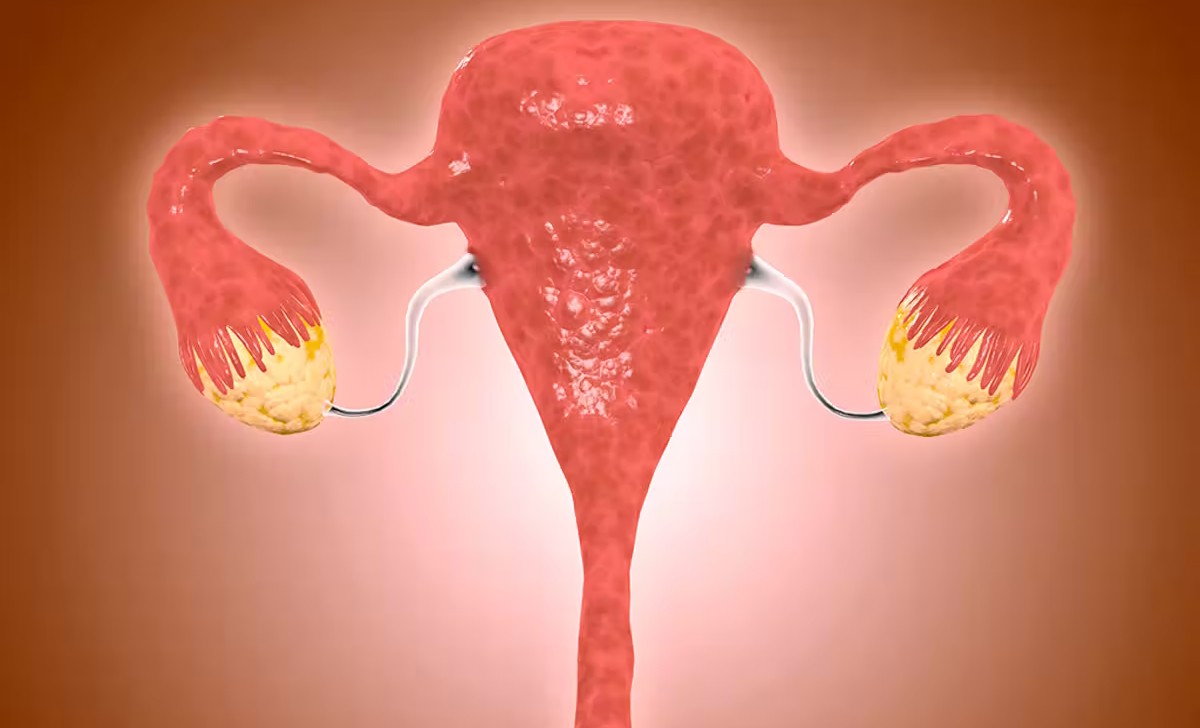New research suggests that individuals with polycystic ovary syndrome (PCOS) may have a higher risk of experiencing memory and thinking problems as they reach middle age. The study, published online on January 31, 2024, in the Neurology journal, highlights an association between PCOS and cognitive decline, although it does not establish a causal relationship.
PCOS is a hormonal disorder characterized by irregular menstruation and elevated androgen hormone levels. Additional symptoms may include excessive hair growth, acne, infertility, and poor metabolic health. Dr. Heather G. Huddleston of the University of California, San Francisco, the study’s author, reveals that this common reproductive disorder affects up to 10% of women.
While previous research has linked PCOS to metabolic conditions such as obesity and diabetes, which can contribute to heart problems, its impact on brain health remains relatively unknown. Dr. Huddleston explains that their findings suggest individuals with PCOS exhibit lower memory and cognitive abilities and subtle brain changes in midlife. This could significantly impact their quality of life, career success, and financial well-being.
The research encompassed 907 female participants aged 18 to 30 at the study’s inception. Over the course of 30 years, these participants underwent various tests to measure memory, verbal abilities, processing speed, and attention. Of the participants, 66 were diagnosed with PCOS at the time of testing.
One of the tests used in the study involved participants being presented with a list of words in different colors and asked to state the color of the ink rather than read the actual word. For instance, the word “blue” might be displayed in red, requiring the correct response to be “red.” Results exhibited an approximately 11% lower average score in this test for those with PCOS, compared to individuals without the condition.
Even after adjusting for factors such as age, race, and education, the researchers noted that participants with PCOS scored lower on three out of the five tests administered. Specifically, they showed deficits in memory, attention, and verbal abilities compared to those without the disorder.
During the 25th and 30th years of the study, a smaller subset of 291 participants underwent brain scans, with 25 of them having PCOS. The scans analyzed the white matter pathways’ integrity in the brain by assessing the movement of water molecules within the brain tissue.
The results indicated that individuals with PCOS had lower white matter integrity, which may be indicative of early signs of brain aging. However, further research is needed to confirm these findings and explore the underlying mechanisms that contribute to these changes. This would involve investigating potential lifestyle modifications that individuals can adopt to decrease their risk of experiencing cognitive decline and memory problems, notes Dr. Huddleston.
She suggests that incorporating more cardiovascular exercise and focusing on improving mental health could potentially contribute to better brain aging outcomes for those with PCOS. However, it is important to acknowledge a limitation of the study: the diagnosis of PCOS was based on androgen hormone levels and self-reported symptoms rather than a physician’s diagnosis. This means that participants might not have accurately remembered all the information related to their condition.
*Note:
- Source: Coherent Market Insights, Public sources, Desk research
- We have leveraged AI tools to mine information and compile it



